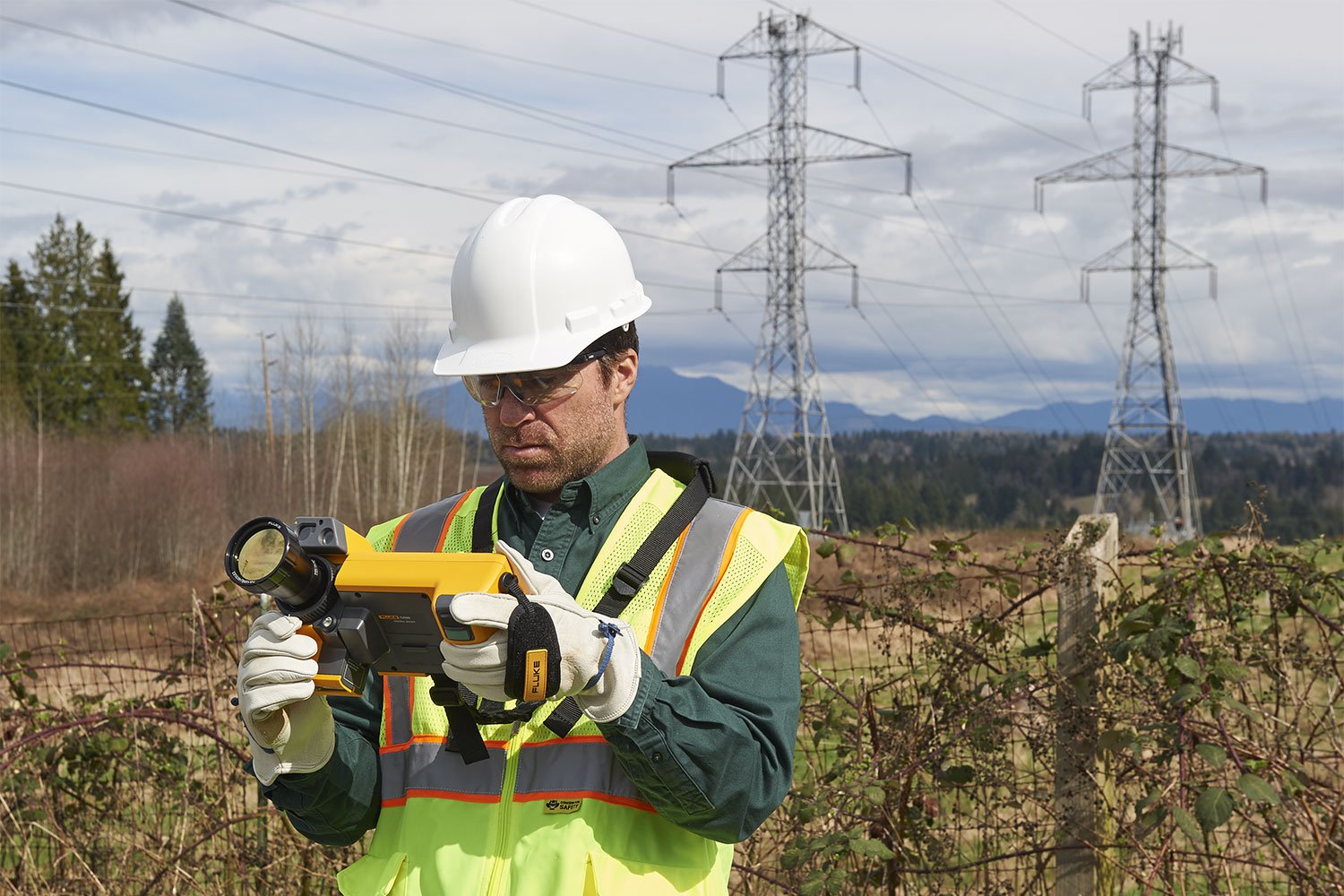
Opportunities for qualified, certified thermographers are increasing every day. Some of this is growing out of the demand for preventive maintenance programs in all kinds of industries. If you’re pursuing a career in thermography, there are two basic career paths you can follow.
You can work in-house in a manufacturing or processing plant, or commercial building. Or you can work for or start your own contracting business that offers services such as home inspection, energy audits, restoration, building and roof inspection, or HVAC consulting.
Expand your skill set
If you’re an electrician, a mechanical engineer, or an HVAC technician, adding thermography is a good way to enhance your skill set and add a new level of professionalism to the job that you’re already doing. Being part of an infrared inspection program in an industrial plant can produce a substantial return on investment (ROI) for your organization through saved downtime, increased productivity and efficiency, and reduced capital expenses from extending equipment lifecycles. If you help add these benefits through thermography, you can enhance your value to the organization and pave the way toward new career opportunities.
Increase earnings potential
For outside contractors, those same benefits can increase earnings potential. Conducting inspections with a thermal imager is much faster, so you can handle more business in less time. Also, by providing customers with thorough and professional reports that clearly show before and after results, you can improve customer satisfaction and earn more word of mouth referrals.